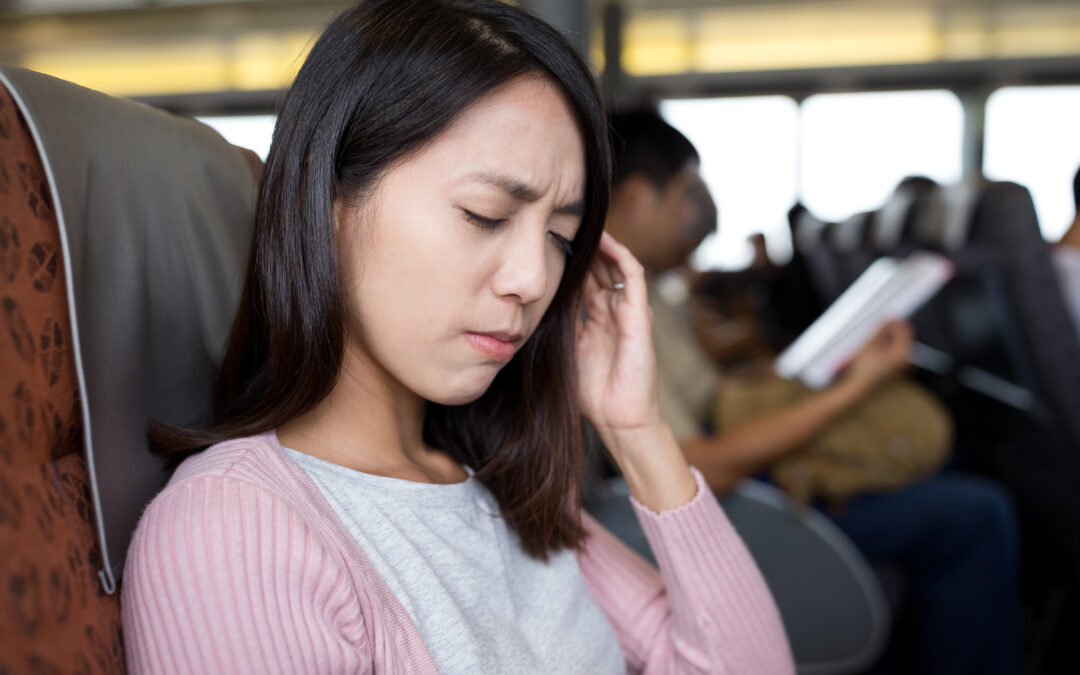
News about rampant hacking and identity theft has left the general public feeling a little vulnerable with their personal information. It’s so easy to be in the dark about how to protect yourself from identity fraud, and it can be scary to think about traveling with personal documents and information on hand in a place where you could easily be taken advantage of.
Here are a few ways to protect your privacy and keep your peace of mind while traveling abroad.
1. Protect Your Cards
Credit and debit cards can leave you vulnerable to hacking if not carefully handled abroad. To take some steps of precaution, lean towards using cash instead of credit cards.
Consider using Apple or Samsung pay if it’s an option for you; it will keep you from having to carry any cards at all. If you’re carrying cards that are RFID enabled, consider a wallet or backpack that has RFID protection.
While many cards have eliminated this with chip technology, it can still be an area of concern for some documents like passports. Be mindful of ATM usage by choosing only trustworthy locations at banks and transportation centers, and be sure to cover the keypad when you enter your pin.
Never leave an extra copy of a receipt behind at a restaurant, hotel, or otherwise, as sometimes they can contain sensitive information. Finally, don’t forget to check your bank statements often for fraudulent charges. If you see any, call your bank immediately to have your card frozen.
2. Be Mindful of Technology
If you’re traveling for pleasure, try and limit the number of gadgets that you bring on your trip. This will cut down on potential theft, not to mention lighten your load and give you less to keep track of in transit.
If you must bring a computer for work, or otherwise, be sure to take advantage of your hotel lockbox or use a luggage lock for storage purposes while not in use. If you’re using your computer in public, use a privacy screen so that others can’t see sensitive information. Visual hacking is one of the most common forms of identity theft, so be aware of your surroundings when using technology in a public setting.
Don’t log into sensitive sites like banking or email while on public Wi-Fi. If you need to access the internet, the safest method is to use a personal VPN to stay private and anonymous, even on a public network.
3. Keep Important Documents Safe
As with both credit cards and technology, some important documents should be left at home when traveling. Only bring the essentials, and make copies of travel essentials, like your passport, to keep in a separate area of your luggage in case of loss or theft.
Keep your passport with you at all times, and consider getting an easily-hidden money belt to keep cards and documents secure when you’re out and about. Keep spending money in a separate bag or wallet; in the case of theft or pickpocketing, your important documents will stay safe.
Make a point to take inventory of your important items throughout the days, especially when leaving a hotel, restaurant, or shop.

